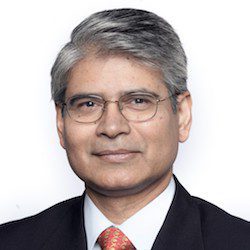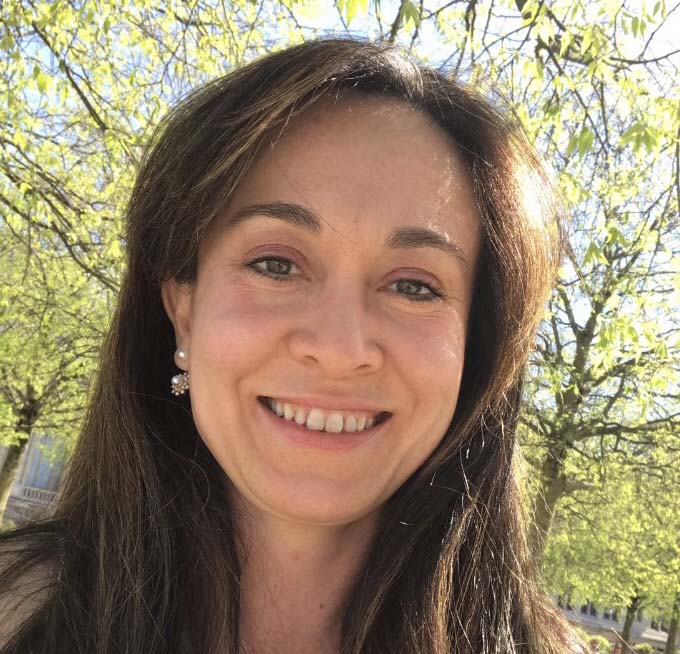[Update] The digest and recording of this WebDebate is now available.
Our July WebDebate explores the role and work of permanent missions in diplomatic hubs such as New York, Geneva, and Vienna. As we are getting closer to the summer break, and the appointment of new staff to permanent missions, we want to reflect on the important work of permanent missions, share experiences, and highlight best practices.
This year marks the 75th anniversary of the UN, and as such is a year of celebration and reflection. This year is also defined by the global onset of the COVID-19 pandemic and the challenges it brought to the multilateral system. Will COVID-19 make permanent missions in major diplomatic hubs more or less relevant? Will we see the emergence of ‘hybrid diplomacy’, a smart mix between in situ and online meetings? These and other elements will be reflected on in our discussion.
Building on the wealth of experiences of our speakers, we explore the following points in particular:
- Key priorities of the work of permanent missions in global diplomatic hubs
- Experiences and best practices
- Responses and challenges for the multilateral system posed by the COVID-19 pandemic
- The impact of digital technologies on the work of permanent missions in global diplomatic hubs
- New forms of representation such as ‘hybrid diplomacy’
Provide your views (3 minutes survey): The future of permanent missions: More or less relevant in 2020 and beyond?
Speakers
![[WebDebate] Permanent missions at global diplomatic hubs: More or less relevant in 2020? 1 Amb Asoke Mukerji](/wp-content/uploads/2020/06/Asoke-Mukerji.png)
Ms Maricela Muñoz is Minister Counsellor at the Permanent Mission of Costa Rica to the United Nations in Geneva. She has more than 20 years of experience in multilateral diplomacy, working with governments, international organisations, the private sector, and civil society organisations, particularly in the areas of climate change, disarmament and non-proliferation, and the advancement of more peaceful and inclusive societies for sustainable development. She is particularly interested in areas such as digital diplomacy, information and communications technologies (ICTs), frontier technologies, including the Internet of things (IoT) and artificial intelligence (AI), nature-based solutions, and blended finance for regenerative development, among others.
Moderator
![[WebDebate] Permanent missions at global diplomatic hubs: More or less relevant in 2020? 3 Prof Jovan Kurbalija](/wp-content/uploads/2020/06/Jovan-Kurbalija.jpg)
Join us on Tuesday, 7th July, at 12:00 UTC (08:00 EDT | 14:00 CEST | 20:00 CST) – Registrations are now closed. You can follow the event live over YouTube:
![[WebDebate] Permanent missions at global diplomatic hubs: More or less relevant in 2020? 4 YouTube player](https://i.ytimg.com/vi/wiNMzHwth6U/maxresdefault.jpg)
and Facebook live streams.
About our WebDebates
The WebDebates on the future of diplomacy are live-streamed on the first Tuesday of every month. They are organised by DiploFoundation within the framework of the International Forum on Diplomatic Training (IFDT). Learn more about our WebDebates series.
If you are part of a dynamic circle of practitioners in your community, we encourage you to establish a diplomatic hub to follow our WebDebates and facilitate discussions.
For more information, contact DiploFoundation’s Ms Mina Mudric.
![[WebDebate] Permanent missions at global diplomatic hubs: More or less relevant in 2020? 2 Maricela Muñoz](/wp-content/uploads/2020/06/maricela-new_crop.jpg)





